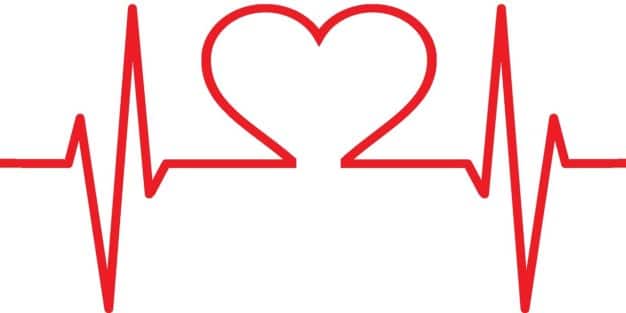In France, public health is highly privileged. A good number of health establishments are public, and the treatment is very efficient. The World Health Organization recognizes the French health system as the most efficient in terms of the organization of health care and its dispensation.
How does the French health system work?
Three levels of care make up the French health system.
Mandatory plans
The first level groups the compulsory basic health insurance schemes. Three are principal and others, more specific, come attached to it.
We therefore find the general scheme which today covers four out of five people in France (retirees from the private sector, employees, contractual agents). This scheme covers 75% of health costs and is managed by the CNAMTS (national health insurance fund for salaried workers).
The second regime is the agricultural regime that covers wage earners and farmers. The MSA (Mutualité Sociale Agricole) manages it. Finally, the third regime is intended for the self-employed. It covers the industrials, the liberal professions, the tradesmen and the craftsmen.
The other special schemes apply to certain professional sectors such as SNCF, EDF-GDF or the Banque de France.
Supplementary plans
These health contracts are offered by insurers. The benefits therefore complement the reimbursements issued by the Health Insurance. Clearly, complementary health generates reimbursements for health expenses that are not covered by Social Security.
Complementary health insurance organizations are most often found in the form of mutuals in the French health system. They all have the same objective: to ensure better coverage of health costs. All contracts have their own specificities.
Overcomplementaries
The third level of the French health system is intended for those who wish to further strengthen their coverage. Most often, they target specific positions such as soft medicine or dentures.
Supplementary insurances are supplementary guarantees that supplement the complementary insurance or the mutual insurance. Reimbursement benefits are then provided by insurance companies, mutuals or provident institutions.
Public health in France
Public health has long been an important issue in France. Social security is born from this concern to provide French citizens and residents with quality and accessible health care.
The doctors
The treating physicians have the mission to follow the course of their patients. They consult them regularly. The attending physician is better reimbursed when declared and his / her role is to advise specialists when necessary.
There are two kinds of doctors: those who respect the health insurance rates and those who set their fees themselves.
Social security and the vital card
Joining the social security system allows for partial reimbursement of the costs of care. The co-payment is the sum remaining due which is borne by the patient, or the complementary (or mutual) thereof.
All members of the Primary Health Insurance Fund have a vital card. It is necessary for reimbursements of health expenses. Thus, most practitioners accept it.
CMU or Universal Health Cover
The CMU is intended for those who have been living in France for more than three months. This is the Universal Health Coverage. It allows everyone to benefit from social security benefits and therefore to be reimbursed for their medical expenses. Some people can also benefit from a complementary supplement, the Universal Supplemental Health Coverage, under certain conditions.
The role of the mutual in the health system
In France, the mutual is a group that provides health benefits, solidarity, welfare and mutual assistance to its members through their contributions. In most cases, adherent members designate boards that then administer the mutuals.
The health system for expatriates
An agreement is effective between the 27 countries of the European Union: nationals must be insured, but cannot be insured twice.
Expatriate or seconded worker
Persons affiliated to a social security scheme of a country that is not part of the EEA (European Economic Area) and who settle in France as an employee or self-employed person must contribute to social security. As a result, they lose their status as affiliates in their country of origin. This is also valid for those who hold a long-stay permit.
Secondly, the secondment of an employee in France can not exceed a period of two years. In such cases, it is essential to have a long-stay visa. The posted worker always benefits from the social security scheme of his country of origin. The same is true for civil servants.
Students
Students generally need to be in possession of a temporary visa to enter France. A specific cover is then intended for these students: student social security. The right of residence of a foreign student must be up to date and he must also be under the age of 28.
This particular social security is then compulsory for all students coming from countries outside the European Union. For others, enrollment in this scheme is not mandatory if they hold a European Health Insurance Card covering the duration of their studies in France.
Students older than 28 are therefore obliged to join the primary health insurance fund.
Retirees
European pensioners wishing to settle in France can transfer their rights to health insurance. For non-European residents, it is not possible to transfer these rights. The subscription to a private insurance will be necessary.
To conclude
The French health system, and public health in general, are elements put forward in France. It is important to learn about the necessary steps to take when you want to to settle in France for a more or less prolonged period. There is always a solution adapted to each situation.




